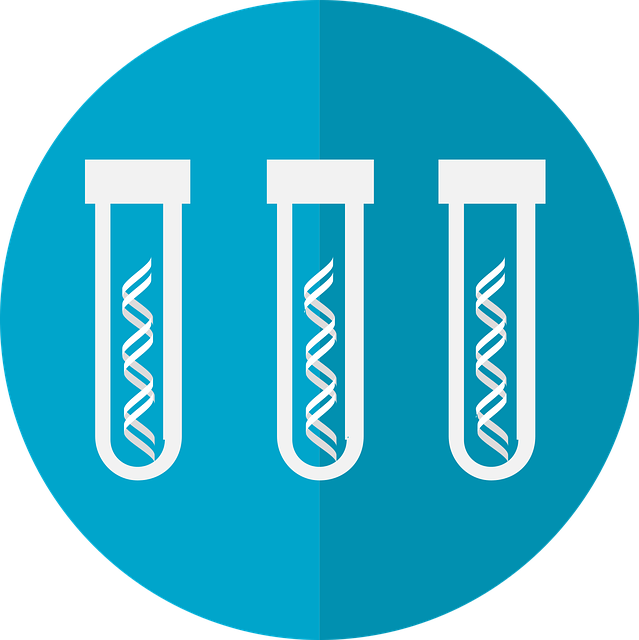APOL1 Genetic Testing in African American Living Donors
More than 26 million Americans are affected by chronic kidney disease (CKD), and the prevalence of CKD is increasing. In addition, there is growing evidence that minority populations are disproportionately affected by CKD. African Americans often have CKD that is more likely to progress to end-stage renal disease (ESRD), compared with whites. Over 100,000 people in the US are waiting for a kidney transplant, and the median wait time for an individual’s first kidney transplant is 3.6 years. Relatives, friends, and even anonymous individuals have served as living donors, sparing patients the long and uncertain wait.
Although kidneys donated from living donors have better outcomes, the number of living donors has dropped over the past decade. Ethnic and racial disparities in obtaining a kidney transplant are common, meaning that fewer African American patients with ESRD receive an organ from a living donor compared to whites. Additionally, transplanted kidneys in African American transplant recipients do not last as long as in other ethnic/racial groups, and African American living kidney donors also face a higher risk of post-donation kidney failure than white living kidney donors. It is believed that a genetic change, or “variant,” called APOL1, which is found in 19% of African Americans, might play a role in this disparity (Anyone remember the #NephMadness 2017 Champion?)
The transplant community is examining whether potential African American living kidney donors should be screened for APOL1 variants. In one study, it was reported that APOL1 gene variants in African American deceased donors increased the chance of transplanted kidney failure in the recipient, regardless of the recipient’s ethnicity or race. Thus, it makes sense to perform genetic testing of APOL1 for potential African American living kidney donors. Besides having no current testing guidelines, another interesting and unknown factor is African American donors’ attitudes about APOL1 testing and how they would respond to this being offered.

Image: Pixabay
Obviously, we need more information about genetic testing within the African American community. In a study published in AJKD last year, Gordon et al used mixed methods involving semi-structured interviews with surveys to assess African American donors’ attitudes, hypothetical decision-making, and information needs about APOL1 testing.
Participants were mostly women (87%) with a mean age of 47 years (Table 1). Health literacy levels were adequate for all donors and most (61%) were college graduates. Participants donated a mean of 8 years ago to their sibling (44%), parent (22%), or child (17%), and all were in good health.

Participants’ Demographic Characteristics. Table 1 from Gordon et al, AJKD, © National Kidney Foundation.
Donors’ initial impressions were generally positive, and responses were grouped into the following themes:
- Benefits of APOL1 Genetic Testing: The main benefit was that donors gained knowledge that would helping them make a more informed decision. It also helps recipients inform their own decision in accepting a kidney with APOL1 gene variant knowing the associated risk.
- Concerns About APOL1 Risks: Donors expressed concerns about the risks of having 2 APOL1 variants, realizing that if they have 2 gene variants, this might result in kidney failure and likely reduce life expectancy post-donation. Interestingly, most donors would still donate, despite having 2 gene variants.
- Discrimination and Stigma: Discrimination did not seem to be a concern among those surveyed. There was some concern that targeted APOL1 testing in the African American community may create suspicion, so trust would need to be built between the medical and African American community.
- Insurance: There was a question about whether or not insurance companies would cover the cost of APOL1 testing, and whether testing positive would lead to increased costs and discrimination.
- Willingness to Get APOL1 Genetic Testing: Most donors (87%) said that they were “entirely” or “a lot” willing to have APOL1 testing prior to donating. People surveyed indicated that they were motivated by a desire to have more knowledge of their own health and preparation of any potential negative effect to themselves or the donor.
- Hypothetical Decision Making: Most donors indicated that they would have donated if they had tested positive for 2 gene variants (61%), whereas a third were unsure (35%), and 1 would not (4%).
- APOL1 Genetic Testing Postdonation: Most (78%) donors said they would get APOL1 testing after donation.
- Informing Potential Recipients: A majority (78%) of the donors believed that potential transplants recipients should be informed of their donor’s APOL1 status, as the results could have an effect on their health.
- Communicating APOL 1 Test Results: Everyone surveyed believed that APOL1 testing should happen early in the donation process. This would prevent any dashed hopes and potential wasted efforts.
- Impact of APOL1 Testing on the African American Community and Identity: Most donors believed that APOL1 testing would positively affect the African American community.

APOL1 Genetic Testing Pros and Cons. Table 3 from Gordon et al, AJKD, © National Kidney Foundation.
This interesting and important study reveals that African American donors were generally supportive of APOL1 testing. These social insights demonstrate the need for the transplant community to address African American donors’ concerns about APOL1 genetic testing in order to enhance future informed consent practices.
– Post prepared by Scherly Leon, AJKDBlog Contributor. Follow her @SLeonMD.
To view Gordon et al, please visit AJKD.org.
Title: African American Living Donors’ Attitudes About APOL1 Genetic Testing: A Mixed Methods Study
Authors: E.J. Gordon, D. Amόrtegui, I. Blancas, C. Wicklund, J. Friedewald, and R.R. Sharp
DOI: 10.1053/j.ajkd.2018.07.017

Leave a Reply